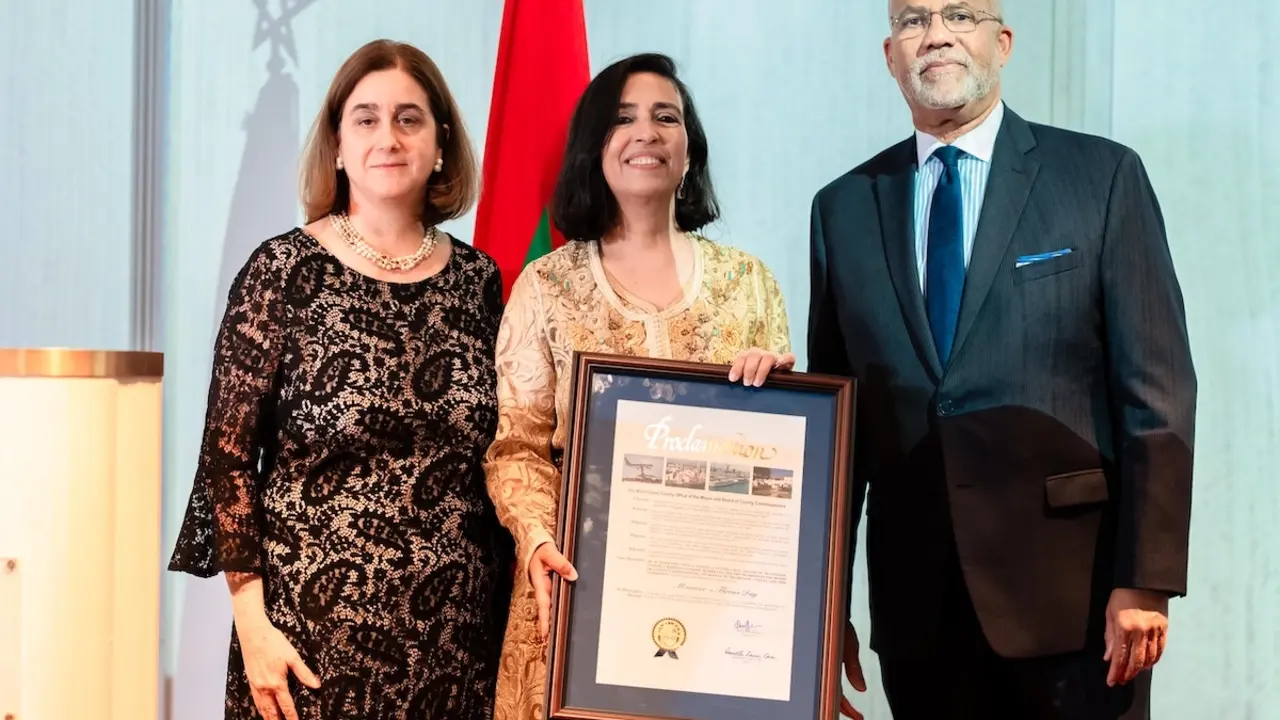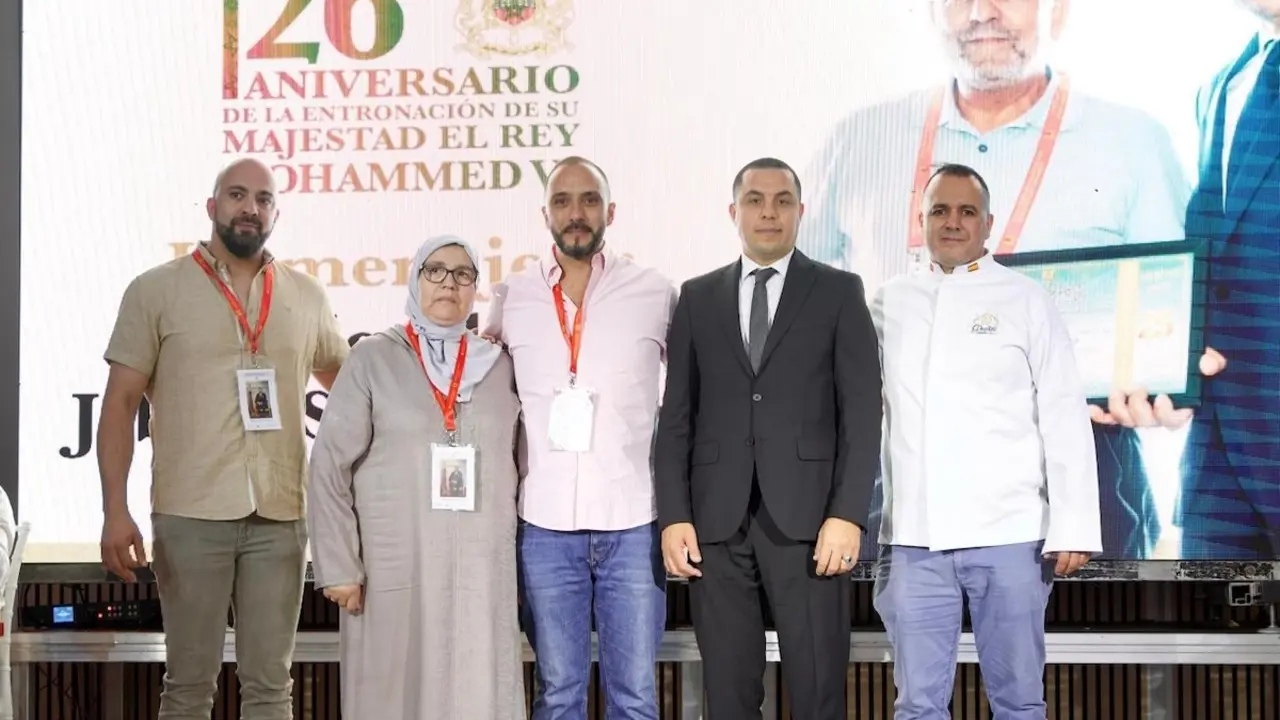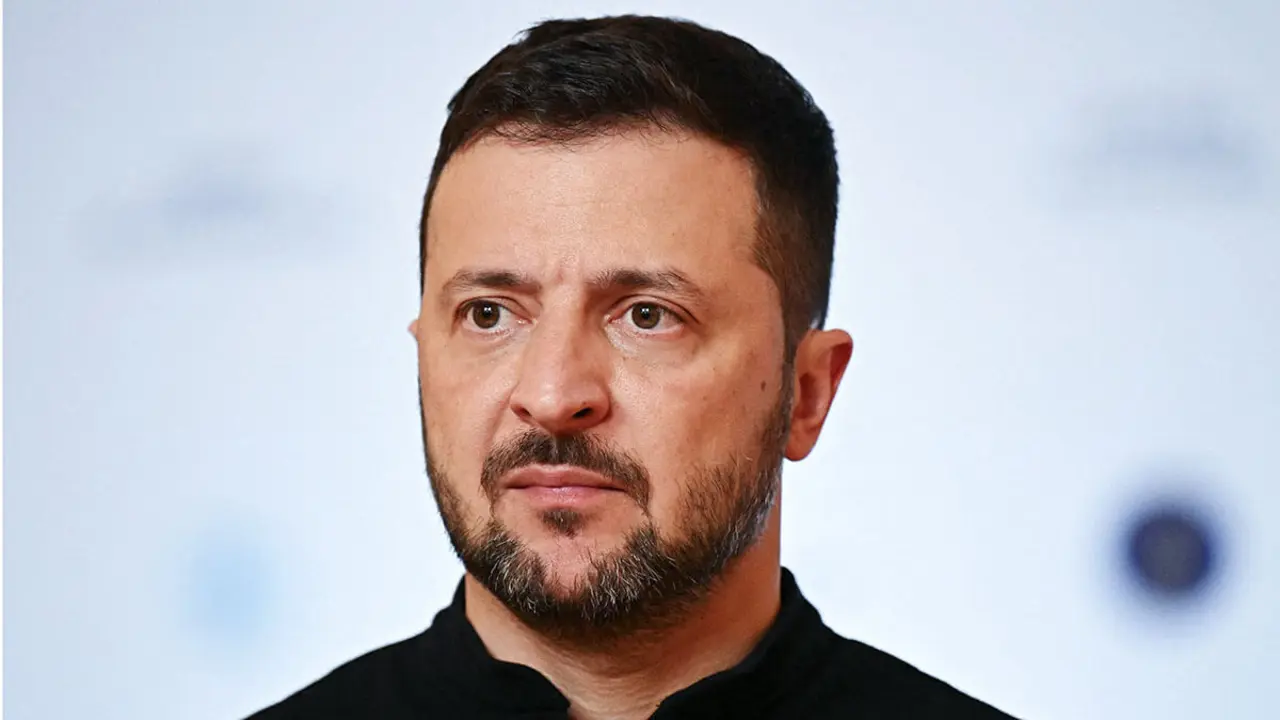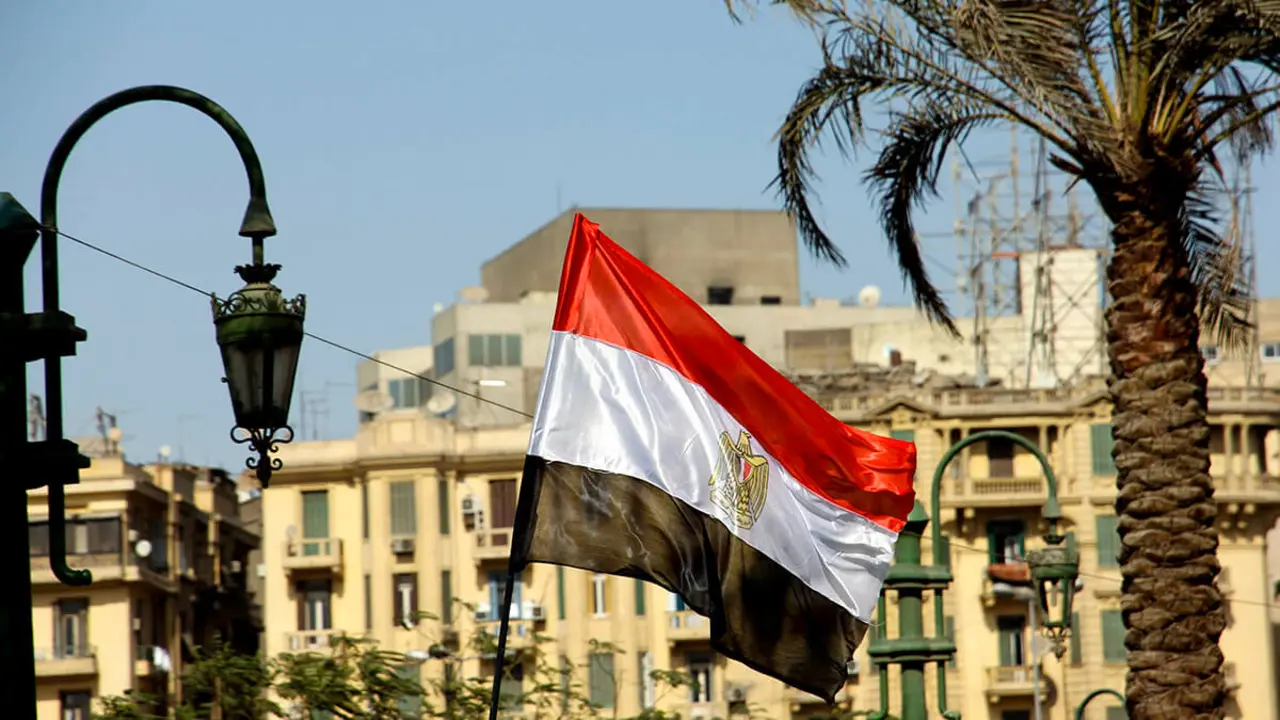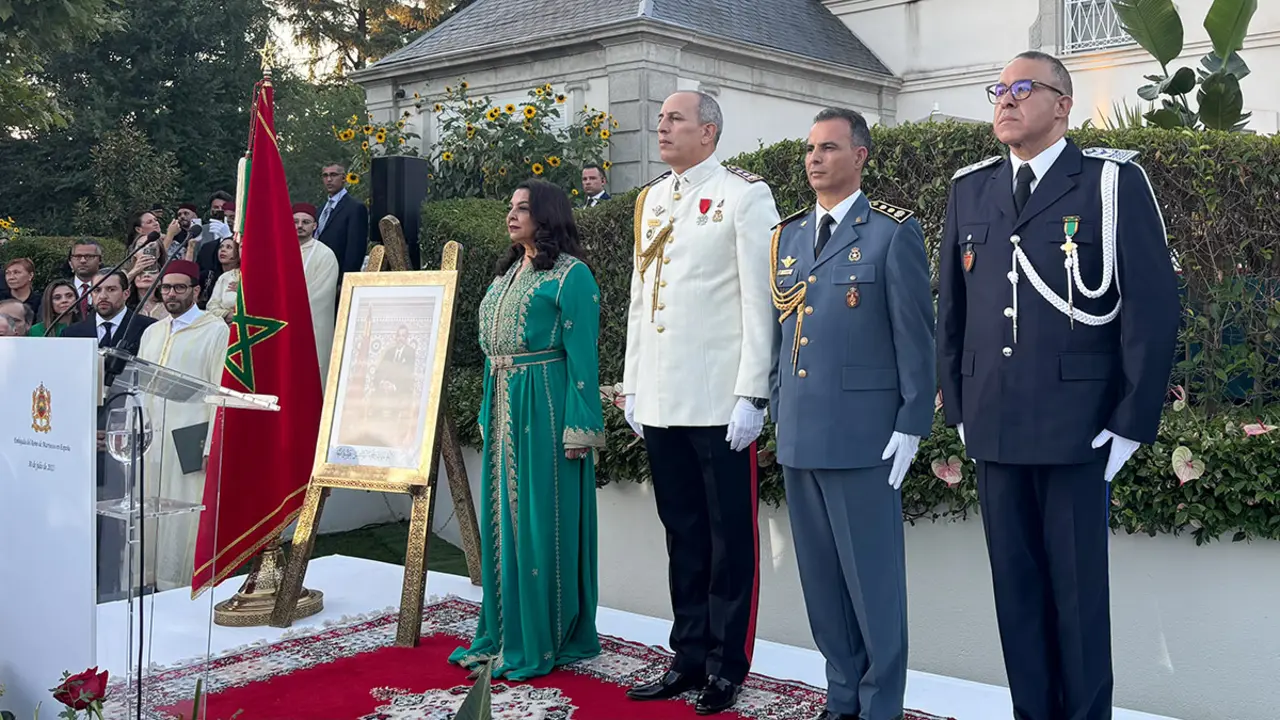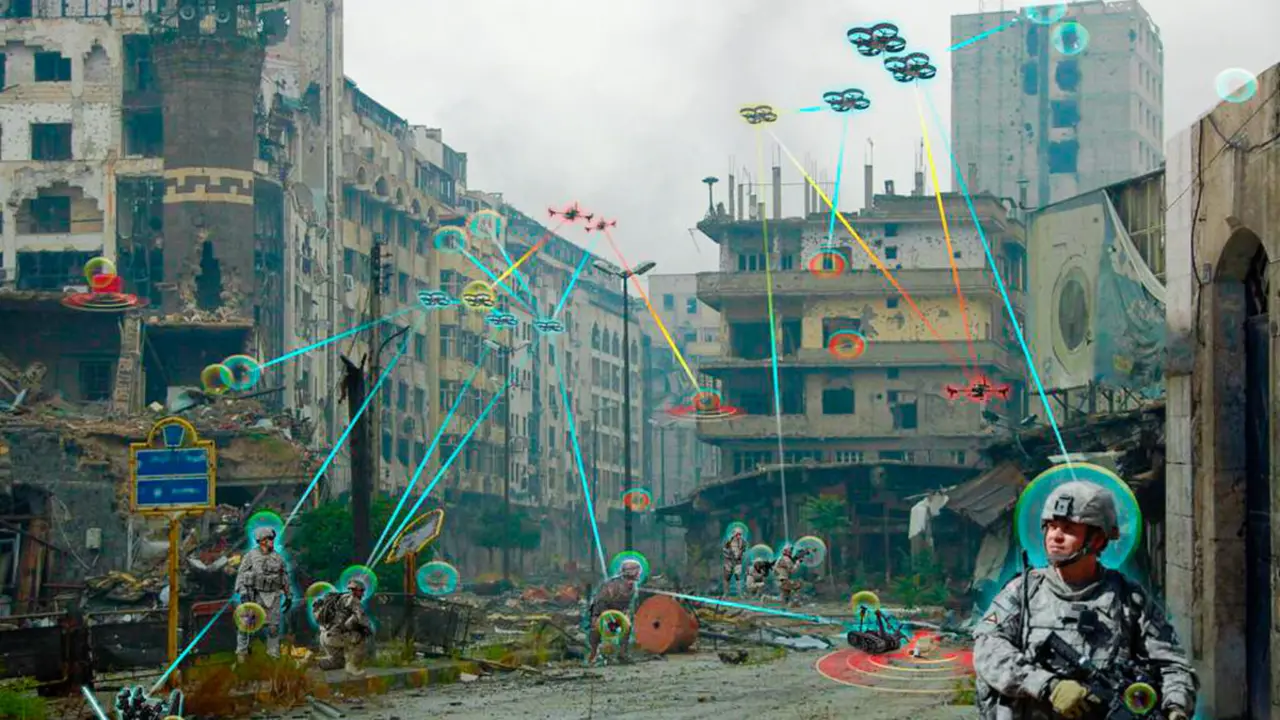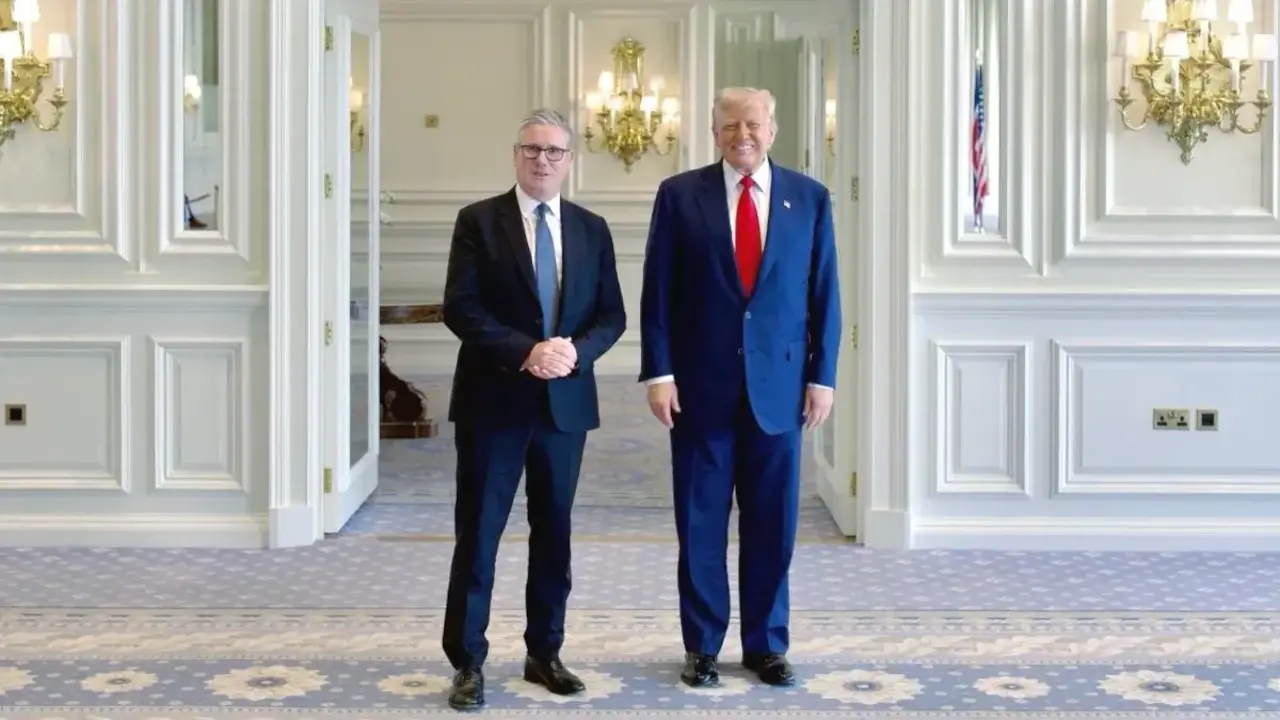Bulgaria and North Macedonia, the Montagues and Capulets of the Balkans
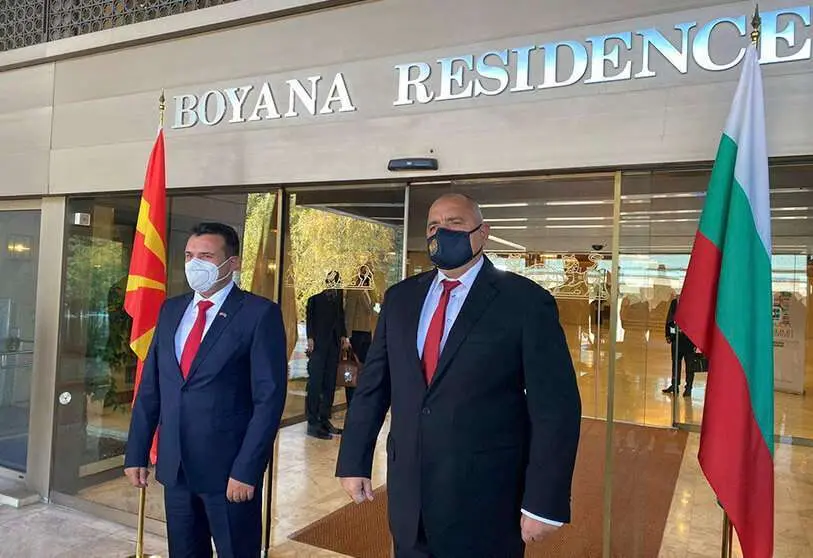
It is not Verona, although Macedonia seems to be the scene where "two rival families of equal nobility clash over their mutual hatreds". And Bulgaria's veto of North Macedonia's entry into the European Union is the death knell of Theobald in a series of tensions that have been dragging on since the former Yugoslav country's independence. Meanwhile, the European Union watches impassively, like a prince, the clashes between the two sides.
The ways in which these 'two rival families' confront each other have changed since Shakespeare's time. Social media and the European Parliament have replaced whips, horses and swords. Another meme, already the fifth one sent by Svetoslav (fictitious name at the request of the source), a young Bulgarian who tries to explain that the history of North Macedonia has its origins in Bulgaria. This is not what the small Balkan country claims. It claims that the Macedonian language is a distinct language from Bulgarian, as recognised by the United Nations in 1977.
This debate between the two countries has been going on since the beginning of the dissolution of Yugoslavia in 1991. According to the younger country, both its language and its history are its own, although it admits that the language "has Bulgarian roots". Bulgaria disagrees, arguing that it "is a dialect of Bulgarian" and that the two countries' history was common until well into the 20th century.
"It's the same language and even their national references or historical heroes are Bulgarian, even if they say otherwise," Svetoslav says. The young man's opinion is not isolated; "Macedonia does not exist" is a phrase that can be heard in any Balkan country. This was exclaimed by Xhorxhina, a young Albanian woman at a dinner in Pristina (Kosovo), and echoed by the rest of her companions around the table.
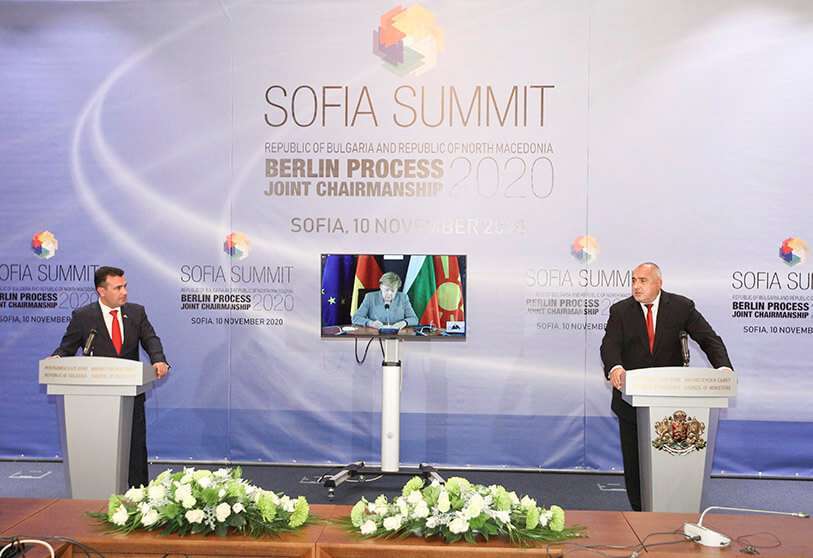
Social media are witness to these tensions, "during the whole carnival there were anti-Bulgarian provocations organised by two groups that ended with the burning of at least two Bulgarian flags in front of hundreds of people" posted Angel Chavdarov Dzhambazki, Member of the European Parliament for the Bulgarian nationalist party IMRO (Bulgarian National Movement), on his Facebook profile along with a video of these acts. "How many more examples must be seen to make it clear that Macedonia has no place in the EU or in the civilised world," he said in the same post. In other groups on the same social network, the joke about these clashes is daily "as long as you don't say you are Bulgarian everything will be fine" joked a Spaniard in a 'Spaniards in Bulgaria' group when another user asked if there were any problems crossing the land border between the two countries.
The fact is that there is obvious tension at the border. On the one hand, when leaving Bulgaria, "And why do you want to go to Macedonia? There's nothing there", "Do you really have Macedonian friends", are the usual farewells before letting them pass. About ten metres further on, before you are allowed to enter the former Yugoslav country, "And why are you living in Bulgaria?", the border policemen laughingly exclaim, with a tone somewhere between surprise and ridicule. The first few times it can be amusing, as the tourist usually doesn't know what these comments are hiding. However, after months of constant discussion, it is clear that the issue has caught on in both communities. Bojidar Kolov, a researcher at the University of Oslo, calls it 'Bulgarian ego and defence mechanisms' in an analysis where he relates this Bulgarian nationalist attitude to Freudian psychoanalytic theory, "the dreadful economic situation in Bulgaria and the internal struggles of a country with identity problems are being resolved, directing discontent outwards". According to the researcher, "these defence mechanisms employed to protect the Bulgarian ego make it clear that the whole issue of Sofia's veto has little to do with reforms in North Macedonia. This veto is, in fact, a matter of Bulgarian ontological insecurity".
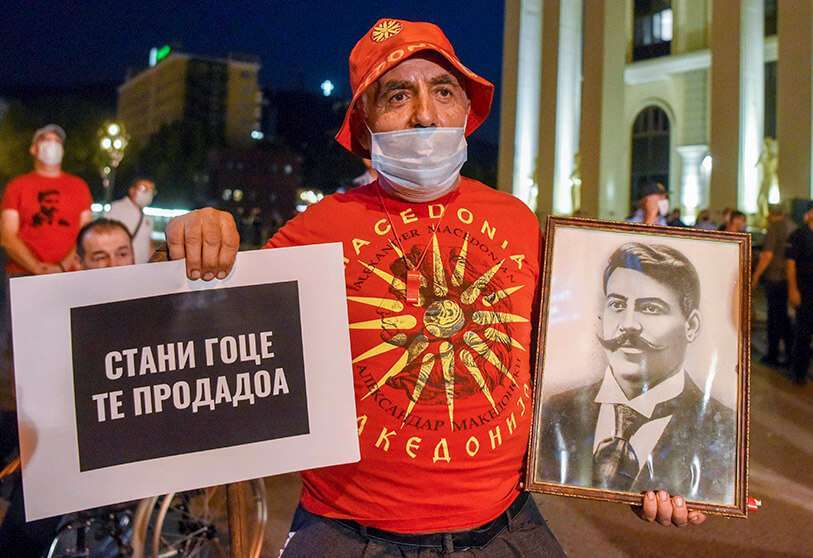
These kinds of issues happen everywhere and at all times. Throughout history, in dozens of countries, for hundreds of reasons. Claims over territories, borders, history or identities are part of the international community. However, when it comes to North Macedonia and Bulgaria, things are getting complicated, and the after-dinner banter or the Twitter meme is only the tip of an iceberg that came to the surface last December with Bulgaria's veto of North Macedonia's entry into the European Union. This, in turn, affected Albania, since the negotiations were discussing the entry of both countries.
"They say that Macedonia is Bulgaria and that Macedonian is a dialect of Bulgarian because they share certain words and sounds, but the truth is that a translator is still needed because it is not the same language. The closest thing to Macedonian would be a Serbian-Croatian version", explains Emil from Skopje, who is also clear that "the tensions here come because Bulgaria wants a part of Macedonia and border security, while Macedonia wants to be part of the European Union".
Today North Macedonia is a member of NATO and the Council of Europe, although it had to settle something similar with Greece in 2018, when the Hellenic country claimed that "the use of the name Macedonia implied territorial claims over the Greek province with the same name and appropriated Hellenistic history and heritage". Because of this Macedonia was forced to change its name to North Macedonia, as it is known today. "Macedonia accepted [changing its name] because of the fear of losing that territory," says Emil.
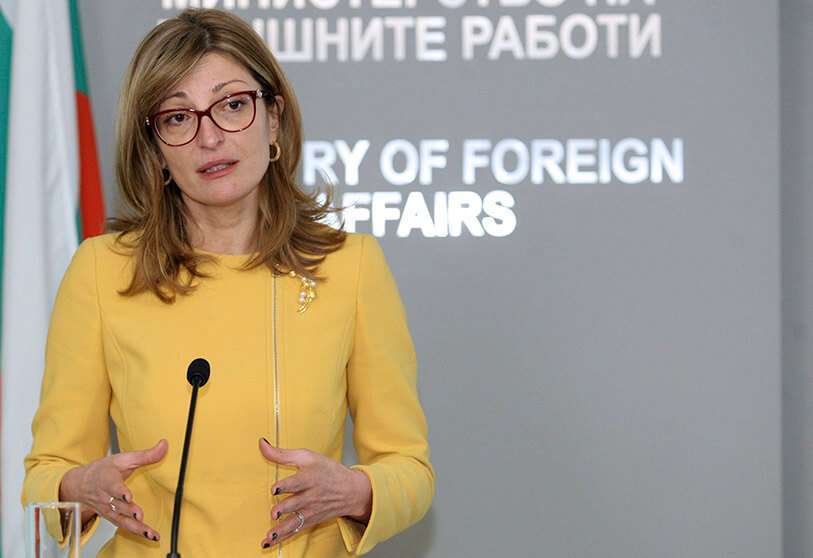
La historia de Macedonia es compleja, “después de que los Balcanes fuesen conquistados por el Imperio Otomano, los países vecinos (Albania, Serbia, Bulgaria y Grecia) se hicieron con el control del que una vez fue Macedonia […] La parte más pequeña del país, la cual seguía siendo Macedonia, se unió a Yugoslavia, y cuando esta se disolvió los países vecinos quisieron volver a dividir Macedonia entre ellos”, narra Emil. Al contrario de lo que afirma Svetoslav, pues para él “Macedonia quiere cambiar la historia. Previo a la creación de Yugoslavia, Macedonia era parte de Bulgaria” poniendo como ejemplo a Goce Delcev quien ambos países consideran su héroe nacional. “La historia de Macedonia es la misma que la nuestra”, asegura el búlgaro.
Macedonia del Norte quiere entrar en la UE desde 2004, pero esta no estuvo dispuesta a iniciar las negociaciones hasta marzo del pasado año. “Ahora, la pregunta es cuánto van a decir [los políticos de Macedonia] que es búlgaro para tener a Bulgaria contenta y que permita que Macedonia entre la Unión Europea”, señala Emil. “Macedonia es un país pobre por ello la Unión Europea es muy importante. Bulgaria lo sabe y es por eso por lo que está forzando a Macedonia a reescribir su propia historia”, concluye el macedonio.
“Quieren reescribir la historia” es el “ellos atacaron primero” de estos nuevos Montesco y Capuleto. Ahora, queda por ver si ambas familias consiguen solventar estos problemas o si “serán castigadas por su odio” y la UE, “ignorando sus discordias, perderá dos parientes”.
Macedonia's history is complex, "after the Balkans were conquered by the Ottoman Empire, the neighbouring countries (Albania, Serbia, Bulgaria and Greece) took control of what was once Macedonia [...] The smaller part of the country, which was still Macedonia, joined Yugoslavia, and when Yugoslavia was dissolved the neighbouring countries wanted to divide Macedonia among themselves again", Emil recounts. Contrary to what Svetoslav says, "Macedonia wants to change history. Before the creation of Yugoslavia, Macedonia was part of Bulgaria", citing the example of Goce Delcev, whom both countries consider their national hero. "The history of Macedonia is the same as ours," he says.
North Macedonia has wanted to join the EU since 2004, but the EU was only willing to start negotiations in March last year. "The question now is how much they [Macedonian politicians] are going to say is Bulgarian to keep Bulgaria happy and allow Macedonia to join the EU," says Emil. "Macedonia is a poor country so the European Union is very important. Bulgaria knows this and that is why it is forcing Macedonia to rewrite its own history", the Macedonian concludes.
"They want to rewrite history" is the "they struck first" of these new Montagues and Capulets. Now, it remains to be seen whether both families manage to solve these problems or whether "they will be punished for their hatred" and the EU, "ignoring their discord, will lose two relatives".

